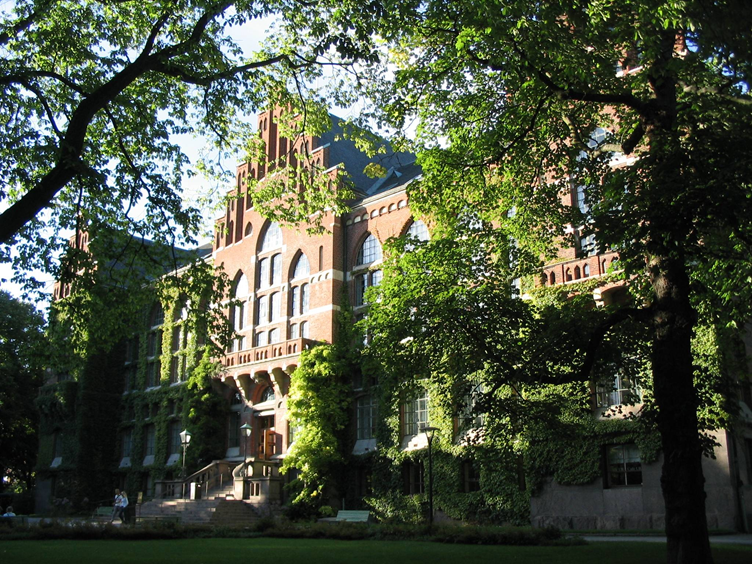What Effect Does Health Insurance Have on People?
July 19, 2011 in Daily Bulletin

The health care debate has subsided to an extent, but there are still those who wonder whether the additional costs to states of providing health insurance to their citizens is worth it. Researchers have been trying to figure out whether having health insurance changes people’s behavior significantly. Some of the issues they are interested in is if health insurance improves the health and happiness of those who have it. In Oregon, 10,000 additional people were enrolled in Medicaid out of an applicant pool of 90,000. Researchers then compared the behavior of those who were enrolled with those who were not. Those enrolled were 7.5% more likely to go to the hospital for treatment, 25% more likely to report themselves to be in “good” health, 32% more likely to report themselves as being happy, and they cut down on sick days by 15%. Those with health insurance were also far more likely to get preventative care, but were just as likely to go to the emergency room as those without health insurance.
Source: Slate

















Join the Discussion! (No Signup Required)